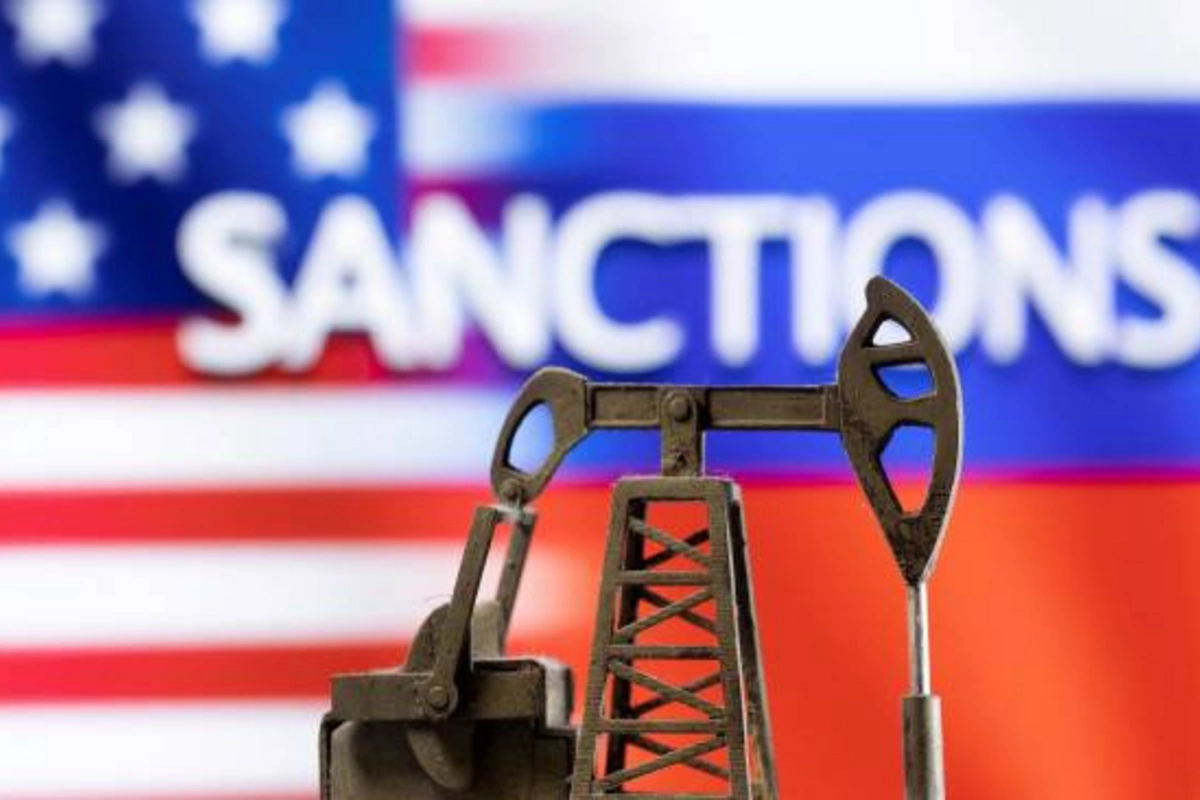
Photo: Reuters
On Friday, the U.S. implemented some of its most extensive sanctions on Russia’s oil industry since the invasion of Ukraine, targeting major Russian oil companies, executives, traders, oilfield service providers, and insurers.
The U.S. Treasury identified Gazprom Neft and Surgutneftegaz, with more than two dozen of their subsidiaries around the world including Luxembourg, as “two of Russia’s most significant oil producers and exporters,” The Caspian Post reports, citing The Moscow Times.
The sanctions also target a shadowy network of traders willing to ship and sell Russian oil and 183 vessels, including “shadow fleet” tankers that Russia uses to sidestep a Western embargo on oil exports.
Insurance providers Ingosstrakh and Alfastrakhovanie were also designated in the sanctions. The two insurers cover most of the ships that supply Russian oil to India, which has become the country’s biggest buyer since Russia was cut off from European markets over the war.
The new restrictions will force Indian refiners to avoid accepting Russian oil in sanctioned tankers or insured by sanctioned firms, Reuters reported earlier on Friday, citing anonymous Indian refining sources. One of the sources said Russia could cut prices to below $60 to allow the use of Western insurance and tankers as part of the G7 price cap.
The U.S. Treasury said it would allow for a transition period to complete some energy-related transactions until March 12. The sanctions also ban providing U.S. oil production services to Russia starting on Feb. 27.
“This new determination strengthens the ability of Treasury and State to target revenue... that Russia uses to fuel its brutal war against Ukraine and other harmful foreign activities,” the Treasury Department said in a statement.
It added that the United Kingdom would also announce sanctions against Russia’s oil and gas sector.
Friday’s sanctions are the most significant to be imposed on Russia’s energy sector, senior administration officials told reporters, noting that they expect them to cost the Russian economy “upward” of billions of dollars each month.
Officials said that they are designed to give the United States additional leverage to help broker a “just peace” between Ukraine and Russia.
The announcement of fresh sanctions comes just 10 days before U.S. President Joe Biden is due to step down, and puts President-elect Donald Trump in a potentially awkward position given his stated desire to end the Ukraine war on day one of his presidency.
Share on social media